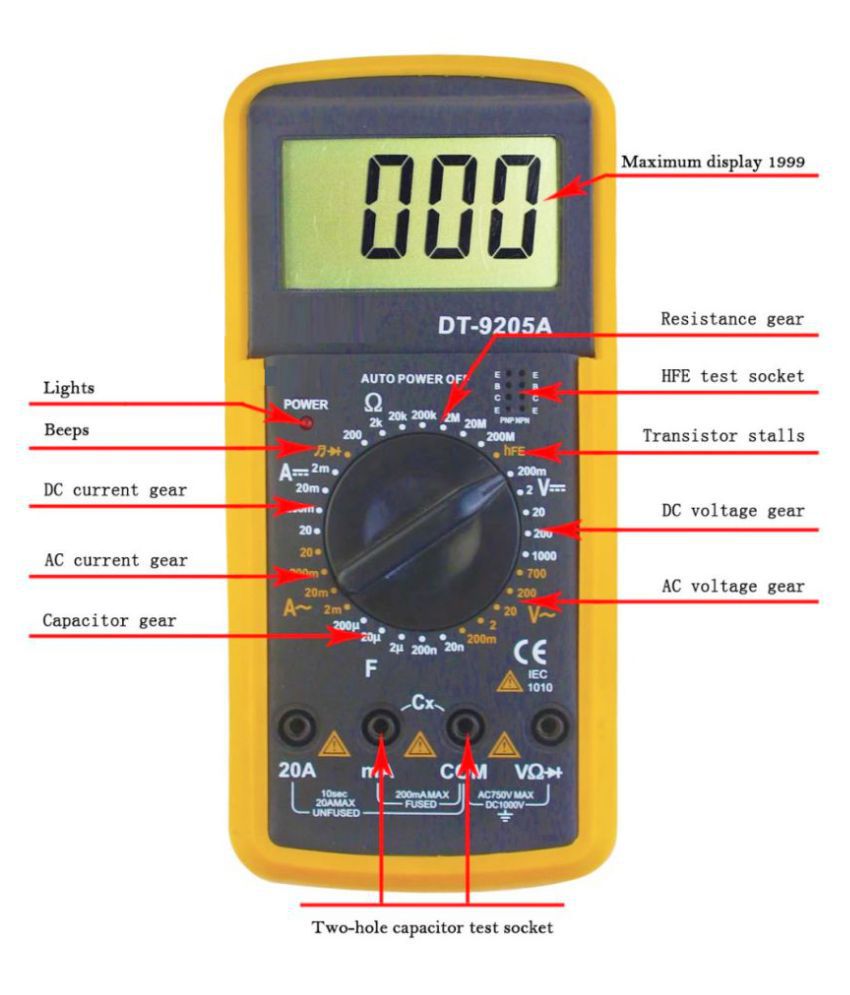
In 1671 Jean Picard measured the length of a " seconds pendulum" and proposed a unit of measurement twice that length to be called the universal toise (French: Toise universelle).

Meridian room of the Paris Observatory (or Cassini room): the Paris meridian is drawn on the ground. The use of the word metre (for the French unit mètre) in English began at least as early as 1797. The motto ΜΕΤΡΩ ΧΡΩ ( metro chro) in the seal of the International Bureau of Weights and Measures (BIPM), which was a saying of the Greek statesman and philosopher Pittacus of Mytilene and may be translated as "Use measure!", thus calls for both measurement and moderation. The Greek word is derived from the Proto-Indo-European root *meh₁- 'to measure'. This range of uses is also found in Latin ( metior, mensura), French ( mètre, mesure), English and other languages. The etymological roots of metre can be traced to the Greek verb μετρέω ( metreo) (to measure, count or compare) and noun μέτρον ( metron) (a measure), which were used for physical measurement, for poetic metre and by extension for moderation or avoiding extremism (as in "be measured in your response"). The suffix "-meter" has the same Greek origin as the unit of length. Measuring devices (such as ammeter, speedometer) are spelled "-meter" in all variants of English.
/456025427-56a133915f9b58b7d0bcfcdc.jpg)
Other West Germanic languages, such as German and Dutch, and North Germanic languages, such as Danish, Norwegian, and Swedish, likewise spell the word Meter or meter. Metre is the standard spelling of the metric unit for length in nearly all English-speaking nations except the United States and the Philippines, which use meter.


 0 kommentar(er)
0 kommentar(er)
